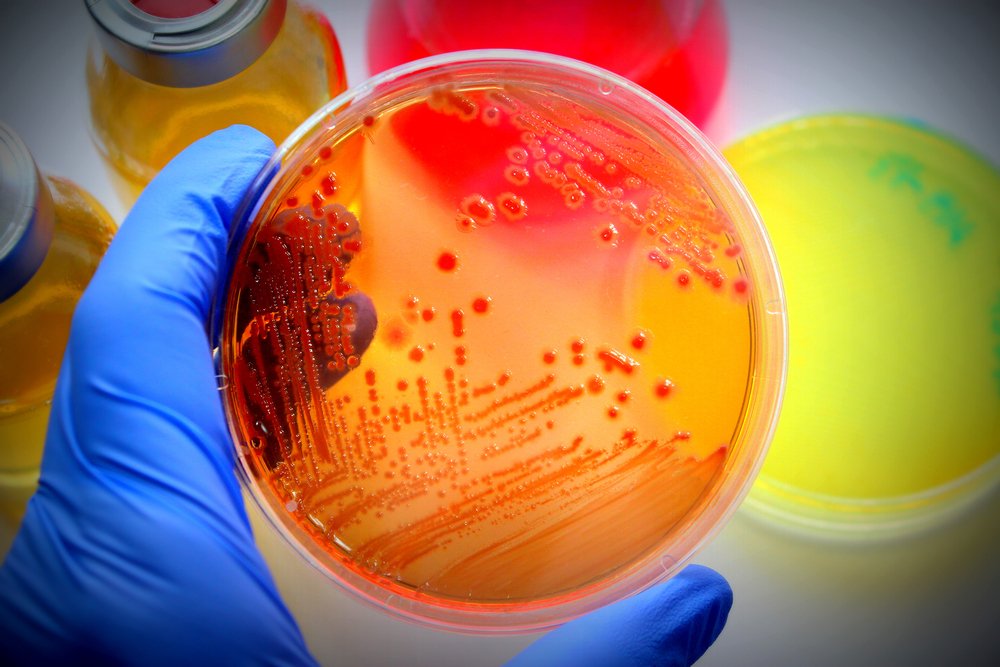Harmless Bacteria on Teeth Can Hijack Harmful One That Causes Lung Infections, Study Finds
Written by |

Yet another consequence of lung infections with the bacterium Pseudomonas (P.) aeruginosa in cystic fibrosis (CF) patients has been discovered, researchers report. But this time, it may be to the disadvantage of the microbe.
Another type of bacteria, normally only present on teeth, can hijack Pseudomonas factors to prevent its growth, as well as the devastating effects of P. aeruginosa lung infection on disease progression in cystic fibrosis.
The insight came from studies of how the two bacterial types interact, and may give researchers clues of how to better combat the Pseudomonas lung infections, which cause more harm than the disease itself.
The study, “A commensal streptococcus hijacks a Pseudomonas aeruginosa exopolysaccharide to promote biofilm formation,” was published in April in the journal PLOS Pathogens.
Researchers at the University of Alabama at Birmingham — investigating earlier reports of bacterial interactions — uncovered the connection between the two bacterial types. Earlier research had shown that bacteria, known as streptococci, could hamper the growth of Pseudomonas, and by doing so might improve lung function.
Both Pseudomonas and Streptococcus species are capable of growing biofilms — a sticky layer that protects the bacteria from antibiotics and helps it to stick to cell surfaces. The conversion from what researchers call non-mucoid — or not biofilm-producing — to mucoid marks a stage when a lung infection with P. aeruginosa becomes chronic.
To understand how the growth of various bacterial species affected each other, the team grew pairs of Pseudomonas and Streptococcus species in both lab dishes and fruit flies, and studied the consequences.
It turned out that a Streptococcus type called Streptococcus (S.) parasanguinis hijacks a molecule found in the biofilm of a P. aeruginosa type called FRD1, to promote its own growth. S. parasanguinis does not cause disease in healthy people, but can be found on the surfaces of teeth.
The molecule, called alginate, promotes the formation of the streptococcal biofilm, which slows down the formation of the Pseudomonas biofilm. The team also identified another molecule that enables the process.
Adhesins are molecules that, as the name implies, are needed for adhesion of bacteria to each other, as well as cell surfaces.
Experiments indicated that adhesins, produced by the streptococci, were required to allow the alginate-dependent biofilm growth of S. parasanguinis.






